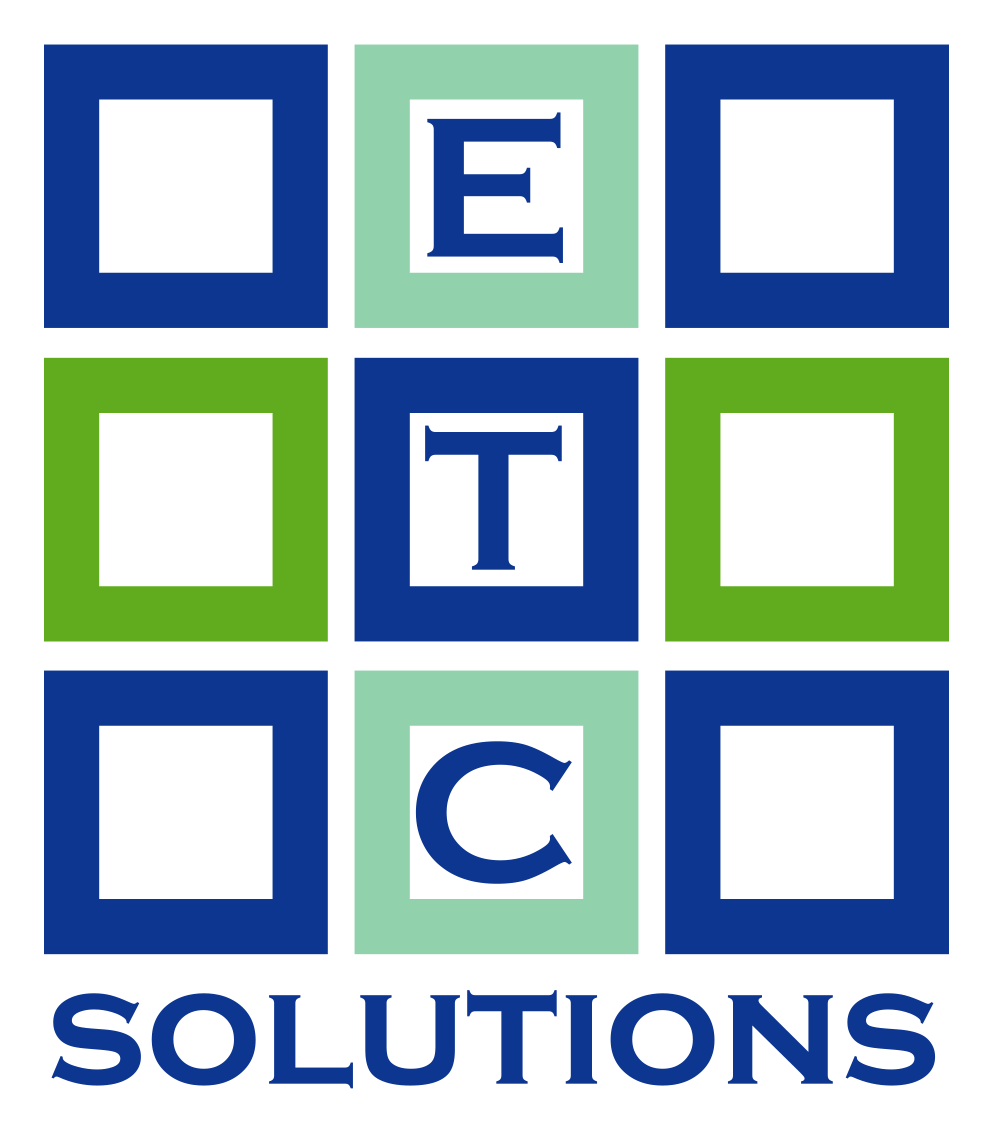
Advanced Strategies in Auditing and Financial Control
Advanced Strategies in Auditing and Financial Control
Introduction:
We are the International Academy of Human Resource Development (IAHRD), extremely proud to offer you theAdvanced Strategies in Auditing and Financial Control'course.This course will give you comprehensive understanding ofthe role of risk management especially in unstable environments and how optimize and control working capital. This course will also discuss financial policies and many other ..
Advanced Strategies in Auditing and Financial Control
Introduction:
We are the International Academy of Human Resource Development (IAHRD), extremely proud to offer you theAdvanced Strategies in Auditing and Financial Control'course.This course will give you comprehensive understanding ofthe role of risk management especially in unstable environments and how optimize and control working capital. This course will also discuss financial policies and many other important topics in the field of business. Remember that we always got your back till you master it!
Objectives:
This course will enable participants to :
- Identify financial control , audit knowledge and skills.
- Apply financial control , audit knowledge and skills in real-life.
- Understand the right allocation of working capital and how it can be optimized and controlled.
- Understand the need for a close look at control of cash flow.
- Analyse The Need To Identify Cost Accounting Methods And Techniques And Appreciate Their Role In Financial Control And Management.
- Review variety of audit techniques and models.
- Use budgeting and project financial control methodologies.
- Interpret and analyse accounting information analyses within the financial control context.
- Acknowledge the role of risk management in the financial control context and audit.
- Review the role of auditing and financial reporting from the point of view of the financial controllers.
Contents:
Module 1:
- Introduction in financial policies and working capital management.
- What is financial control and whose responsibility is it?
- Benefits of financial control.
- Limitations of financial control.
Module 2:.
- Working capital management and control.
- Stock control and inventory.
- Debtors/receivables control.
- Creditors/Payables control.
- Working capital cycle.
- Optimizing working capital.
Module 2:
- Cash flow management, forecasting, budgeting and value chain analysis.
- Cash flow management and control.
- Elements of cash flow management.
- Cash flow forecasting.
- Cash flow budgeting.
- Introduction of cost accounting methods and techniques.
- Absorption costing and marginal costing.
- Contribution analysis.
- Cost volume profit (Break Even) analysis.
Module 3:
- Forecasting, budgeting, project financial control and the interpretation of accounting information.
- Budgeting for financial control.
- The financial control of projects.
- Interpretation of accounting information.
- Risk management, auditing and financial reporting.
- Auditing and its role in financial control.
- Financial reporting.
Who Should Attend?
- Financial Professionals and Treasurers responsible for financial control.
- Financial Professionals working in other areas who are seeking both to widen and update their knowledge and skills.
- Non-Financial Professionals working in the area of or responsible for aspects of financial control.
- Anyone with direct financial control responsibilities as well as advisors, accountants and business consultants.
times [ Istanbul ]
| from | to | price $ | venue | actions |
|---|---|---|---|---|
| 2025-03-02 | 2025-3-6 | 3,750 | Istanbul | join enquire |
| 2025-03-09 | 2025-3-13 | 3,750 | Istanbul | join enquire |
| 2025-03-16 | 2025-3-20 | 3,750 | Istanbul | join enquire |
| 2025-03-23 | 2025-3-27 | 3,750 | Istanbul | join enquire |
| 2025-03-30 | 2025-4-3 | 3,750 | Istanbul | join enquire |
| 2025-04-06 | 2025-4-10 | 3,750 | Istanbul | join enquire |
| 2025-04-13 | 2025-4-17 | 3,750 | Istanbul | join enquire |
| 2025-04-20 | 2025-4-24 | 3,750 | Istanbul | join enquire |
| 2025-04-27 | 2025-5-1 | 3,750 | Istanbul | join enquire |
| 2025-05-04 | 2025-5-8 | 3,750 | Istanbul | join enquire |
| 2025-05-11 | 2025-5-15 | 3,750 | Istanbul | join enquire |
| 2025-05-18 | 2025-5-22 | 3,750 | Istanbul | join enquire |
| 2025-05-25 | 2025-5-29 | 3,750 | Istanbul | join enquire |
| 2025-06-01 | 2025-6-5 | 3,750 | Istanbul | join enquire |
| 2025-06-08 | 2025-6-12 | 3,750 | Istanbul | join enquire |
| 2025-06-15 | 2025-6-19 | 3,750 | Istanbul | join enquire |
| 2025-06-22 | 2025-6-26 | 3,750 | Istanbul | join enquire |
| 2025-06-29 | 2025-7-3 | 3,750 | Istanbul | join enquire |
| 2025-07-06 | 2025-7-10 | 3,750 | Istanbul | join enquire |
| 2025-07-13 | 2025-7-17 | 3,750 | Istanbul | join enquire |
| 2025-07-20 | 2025-7-24 | 3,750 | Istanbul | join enquire |
| 2025-07-27 | 2025-7-31 | 3,750 | Istanbul | join enquire |
| 2025-08-03 | 2025-8-7 | 3,750 | Istanbul | join enquire |
| 2025-08-10 | 2025-8-14 | 3,750 | Istanbul | join enquire |
| 2025-08-17 | 2025-8-21 | 3,750 | Istanbul | join enquire |
| 2025-08-24 | 2025-8-28 | 3,750 | Istanbul | join enquire |
| 2025-08-31 | 2025-9-4 | 3,750 | Istanbul | join enquire |
| 2025-09-07 | 2025-9-11 | 3,750 | Istanbul | join enquire |
| 2025-09-14 | 2025-9-18 | 3,750 | Istanbul | join enquire |
| 2025-09-21 | 2025-9-25 | 3,750 | Istanbul | join enquire |
| 2025-09-28 | 2025-10-2 | 3,750 | Istanbul | join enquire |
| 2025-10-05 | 2025-10-9 | 3,750 | Istanbul | join enquire |
| 2025-10-12 | 2025-10-16 | 3,750 | Istanbul | join enquire |
| 2025-10-19 | 2025-10-23 | 3,750 | Istanbul | join enquire |
| 2025-10-26 | 2025-10-30 | 3,750 | Istanbul | join enquire |
| 2025-11-02 | 2025-11-6 | 3,750 | Istanbul | join enquire |
| 2025-11-09 | 2025-11-13 | 3,750 | Istanbul | join enquire |
| 2025-11-16 | 2025-11-20 | 3,750 | Istanbul | join enquire |
| 2025-11-23 | 2025-11-27 | 3,750 | Istanbul | join enquire |
| 2025-11-30 | 2025-12-4 | 3,750 | Istanbul | join enquire |
| 2025-12-07 | 2025-12-11 | 3,750 | Istanbul | join enquire |
| 2025-12-14 | 2025-12-18 | 3,750 | Istanbul | join enquire |
| 2025-12-21 | 2025-12-25 | 3,750 | Istanbul | join enquire |
| 2025-12-28 | 2026-1-1 | 3,750 | Istanbul | join enquire |
